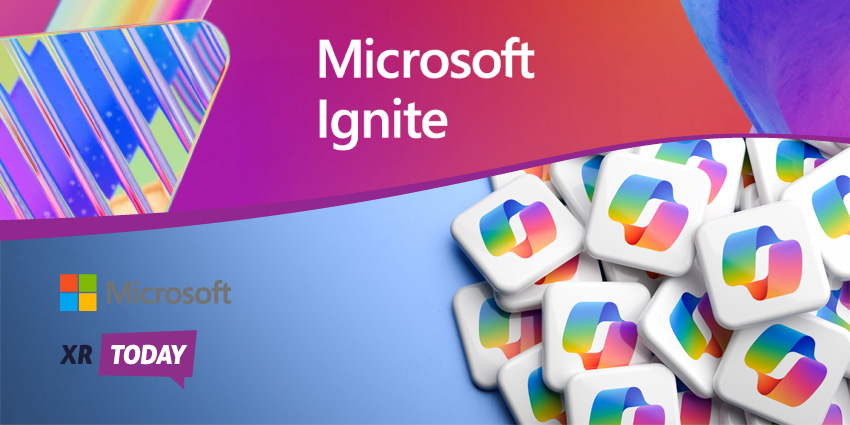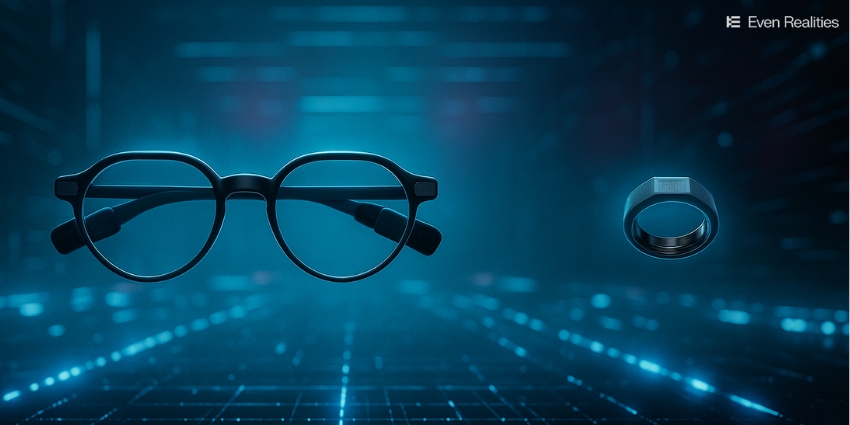This week at Ignite 2024, TeamViewer, an XR remote guidance service provider, introduced new AI features via the Microsoft technology portfolio, including Teams, Copilot, and Azure OpenAI infrastructure integrations.
The Microsoft-powered ‘AI Session‘ features allow TeamViewer users to create comprehensive summaries of remote guidance/support sessions, leading to profound insights related to commonplace frontline procedures covering maintenance, repairs, and training. Therefore optimizing operational efficiency.
Mei Dent, Chief Product & Technology Officer at TeamViewer, added:
Microsoft Azure OpenAI is at the core of our AI-driven insights, ensuring data security and efficiency as we deliver high-performance solutions at scale. This integration with Azure marks the beginning of a broader strategy to embed AI deeply into IT support operations. By connecting TeamViewer insights with Microsoft Copilot, we’re enabling teams to tackle issues proactively, optimize operations, and make data-driven decisions with ease. Our vision is to empower support teams to collaborate seamlessly and drive smarter, more agile support within a unified platform.
Microsoft’s commitment to TeamViewer and, by extension, XR-powered remote guidance tools is clear; notably, Microsoft named TeamViewer its 2024 Teams Partner of the Year. The award appears to relate to TeamViewer’s recent integration with Microsoft Teams and Copilot AI service.
With the ‘AI Session’ integration, users can access TeamViewer enhanced in-chat and in-call support sessions within the Teams suite and remote support agents leveraging the TeamViewer service can provide session data, analyze insights, and gain Copilot AI-driven recommendations. This allows IT teams and instructors to collaborate with frontline workers using crucial TeamViewer and Teams data in one unified application.
Edith Wittmann, General Manager of Global Partner Solutions Germany at Microsoft, also added:
TeamViewer and Microsoft are joining forces to enhance the value and experience for our customers. By combining TeamViewer’s advanced remote support and workflow solutions with Microsoft’s powerful AI and cloud infrastructure, we are not only improving agent productivity today, but moving towards an agent-less support in the future, which will be a gamechanger for our customers.
Moreover, Alfredo Patron, Executive Vice President of Business Development at TeamViewer, noted that the Microsoft partnership showcases the firm’s commitment to “leading industry standards and empowering IT teams to achieve new levels of service excellence.”
Patron also added:
In a future where AI-driven support is the norm, TeamViewer aims to stay at the forefront, integrating deep AI insights with Azure’s capabilities to deliver support that is faster, smarter, and more secure.
Currently, the TeamViewer service is available via the Microsoft Marketplace, allowing enterprise teams to enhance operations with XR.
Ignite 2024: Microsoft Windows 11 Comes to Meta Quest
At Ignite 2024, Microsoft also announced the upcoming launch of a mixed reality (MR) version of its Windows portfolio specifically designed for Meta Quest headsets.
The recently revealed Windows Mixed Reality for Quest service aims to integrate the full capabilities of Microsoft’s trusted digital tools into Meta’s headset lineup, which includes the Quest 3 and 3S. According to Microsoft, this immersive Windows service will enhance productivity and collaboration for Quest users, potentially increasing the applicability of Meta’s MR headsets in professional environments. Furthermore, Meta is enhancing its Quest devices’ role in collaborative settings by launching tailored solutions, such as the Meta Quest for Education package.
The Windows Mixed Reality for Quest solution seeks to establish a virtual collaboration and productivity platform that enables virtual meetings, shared workspaces, and in-person collaboration over digital content with high-quality MR visualizations. This service is set to debut as a preview in December 2024, just one month before Microsoft begins phasing out support for HoloLens.
This news aligns with Microsoft’s push to provide hardware-agnostic XR productivity applications. The company recently formed a long-term partnership with RealWear to distribute Power Apps for RealWear’s smart glasses, which are tailored for frontline workers.
The latest announcements from Ignite demonstrate Microsoft’s commitment to XR by offering tools designed to advance the future of work. Although the company has stepped back from its hardware ambitions in the XR space, it is well-positioned to deliver immersive solutions leveraging its extensive Windows, Azure, and CoPilot technology. Additionally, Microsoft is strategically positioned in the emerging enterprise technology landscape from a back-end infrastructure perspective, which can enhance the user experience for enterprises, potentially elevating business workflows to new heights.







